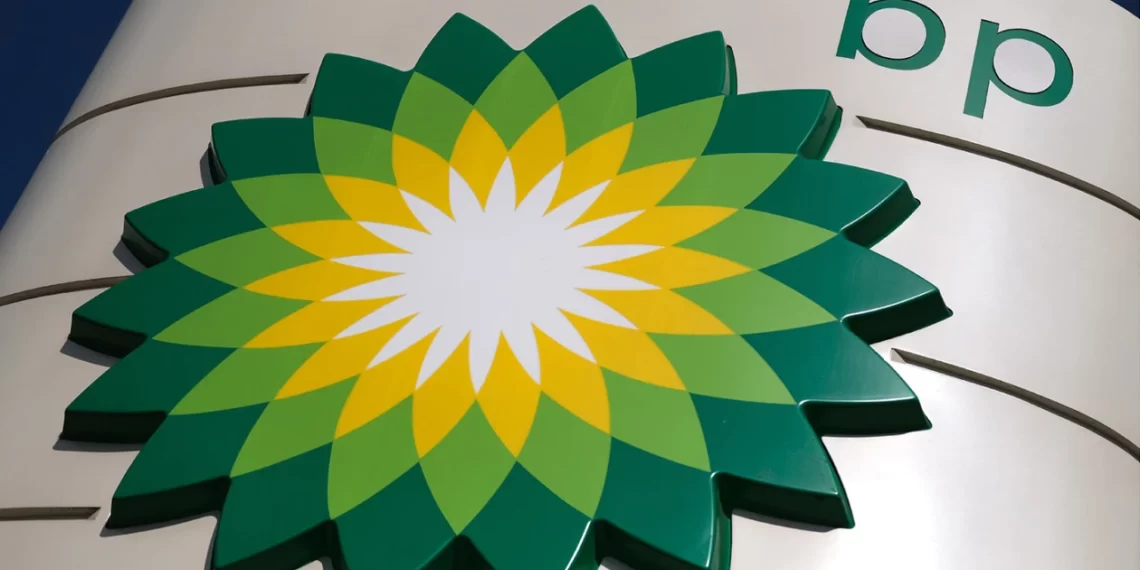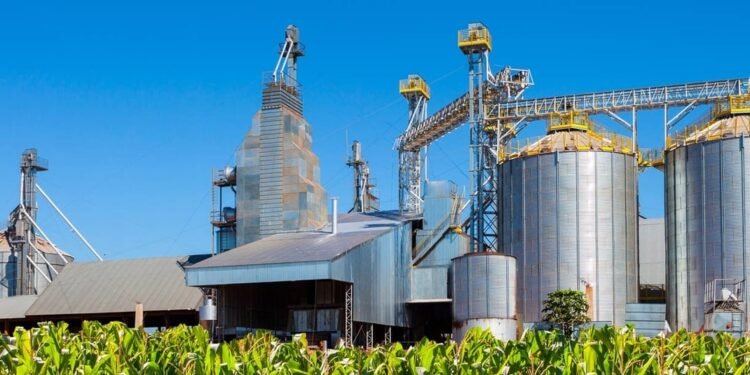Energy giant BP has reported record annual profits as it scaled back plans to reduce the amount of oil and gas it produces by 2030.
The company’s profits more than doubled to US$27.7 billion (£23bn) in 2022, as energy prices soared after Russia invaded Ukraine. Meanwhile, other energy firms have seen similar rises, with Shell reporting record earnings of nearly US $40 billion at the beginning of February 2023.
BP boss Bernard Looney said the company is helping provide the energy the world needs while investing in the transition to green energy. But it came as the firm scaled back plans to cut carbon emissions by reducing its oil and gas output.
The company, which was one of the first oil and gas giants to announce an ambition to cut emissions to net zero by 2050, had previously promised that emissions would be 35-40% lower by the end of this decade. However, the company said it is now targeting a 20-30% cut, saying it needed to keep investing in oil and gas to meet current demands.
Climate campaign group Greenpeace, said BP’s new strategy “seems to have been strongly undermined by pressure from investors and governments to make even more dirty money out of oil and gas.”
Energy prices had begun to climb following the end of COVID lockdowns but rose sharply in March last year, 2022 after Russia invaded Ukraine, sparking concerns about global supplies. At the time, the price of Brent crude oil reached nearly US$128 a barrel but has since fallen back to about $80. Gas prices also spiked but have come down from their highs.
It has led to bumper profits for energy companies, but also fuelled a rise in energy bills for households and businesses. It has led to calls for energy firms to pay more tax as people’s bills soar.
Last year, some governments like the UK and US governments introduced a windfall tax – called the Energy Profits Levy – on the “extraordinary” profits being made by energy companies. The rate was originally set at 25% in the UK but has now been increased to 35%, and only applies to profits made from extracting UK oil and gas.
Oil and gas firms also pay a 30% corporation tax on their profits as well as a supplementary 10% rate, taking their total tax rate to 75%. However, they can reduce the amount they pay by factoring in losses or spending on things like decommissioning North Sea oil platforms.
BP said its UK business, which accounts for less than 10% of its global profits, will pay $2.2bn in tax for 2022, including $700m due to the Energy Profits Levy.
‘Windfalls of war’
Andrew Griffith, Economic Secretary to the Treasury, said the windfall tax struck the “right balance” between helping families with the cost of living and securing energy supplies. He argued that its aim was to encourage re-investment of the sector’s profits back into the economy
Nick Butler, previously a senior executive at BP said oil and gas prices would not remain exceptionally high forever. “This is a temporary situation. Oil and gas prices are going down and the windfall these companies are making won’t last.”
Some experts are also of the view that the profits from these energy companies are outrageous and called on governments to increase the windfall tax.
As well as announcing record profits, BP increased its payout to shareholders by 10%. BP’s results follow similarly strong profits announced by rivals Shell, Exxon Mobil, and Chevron last week.























